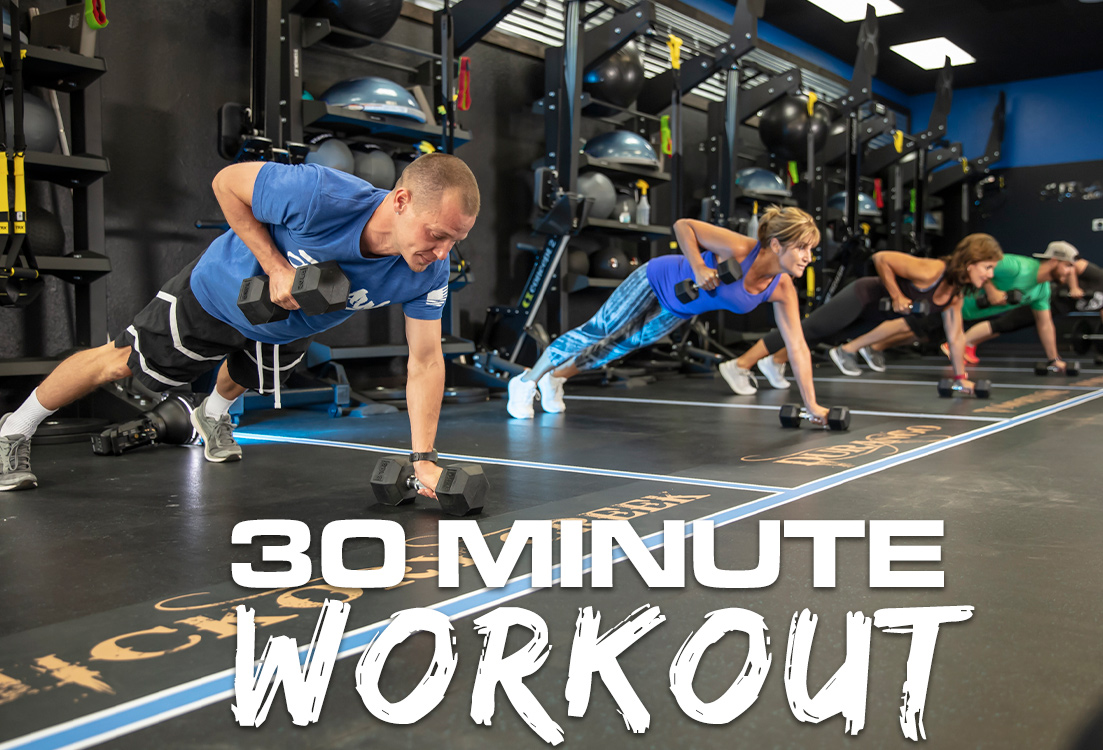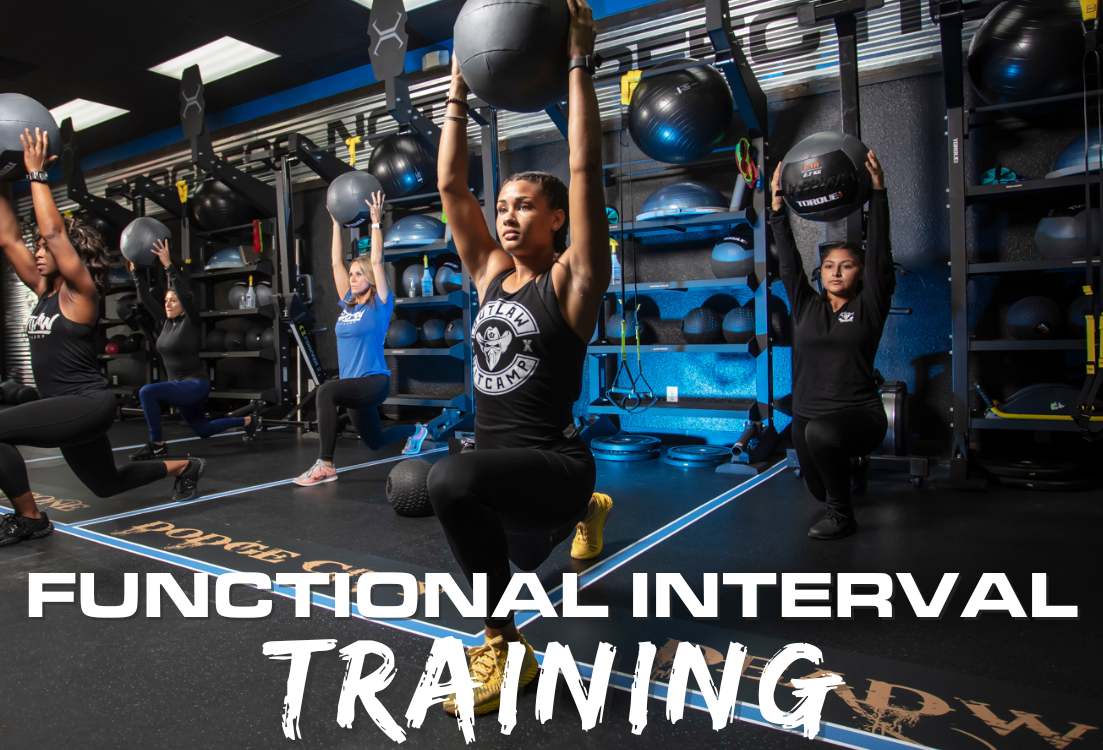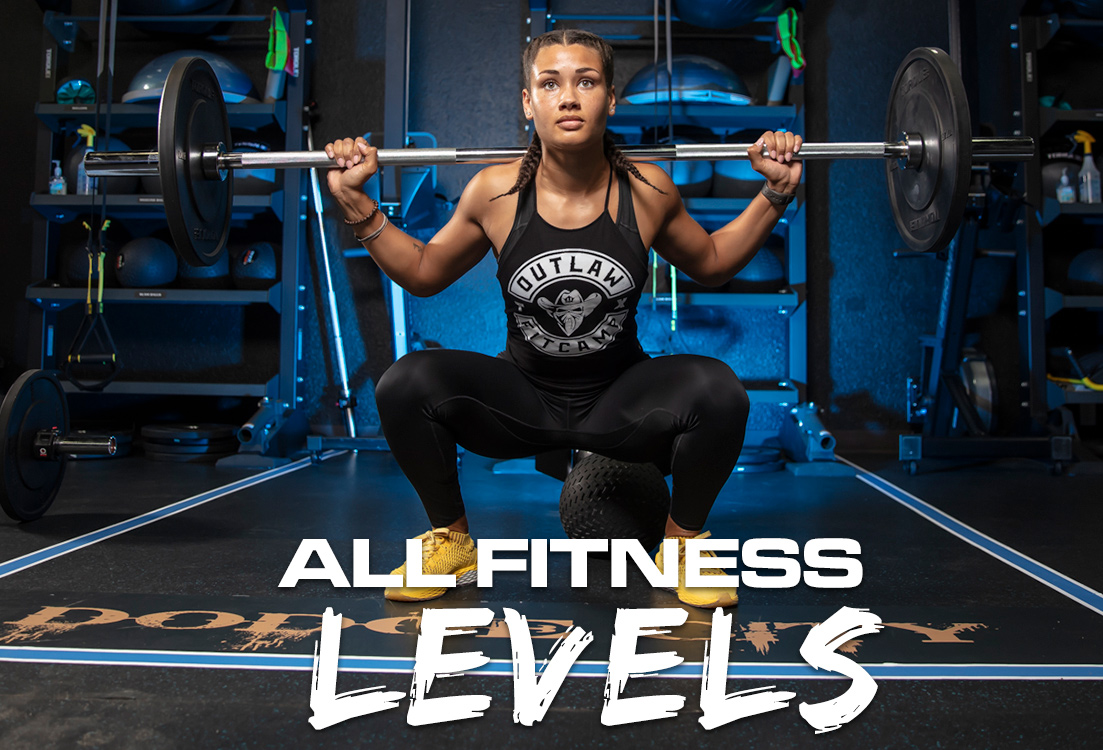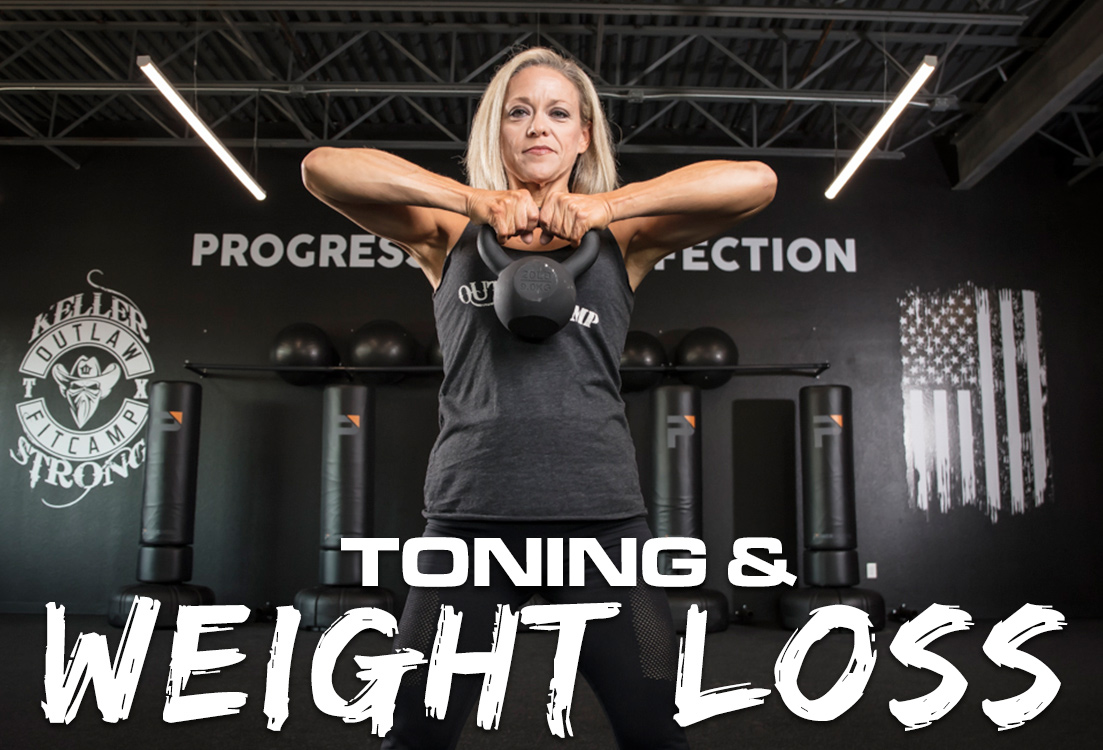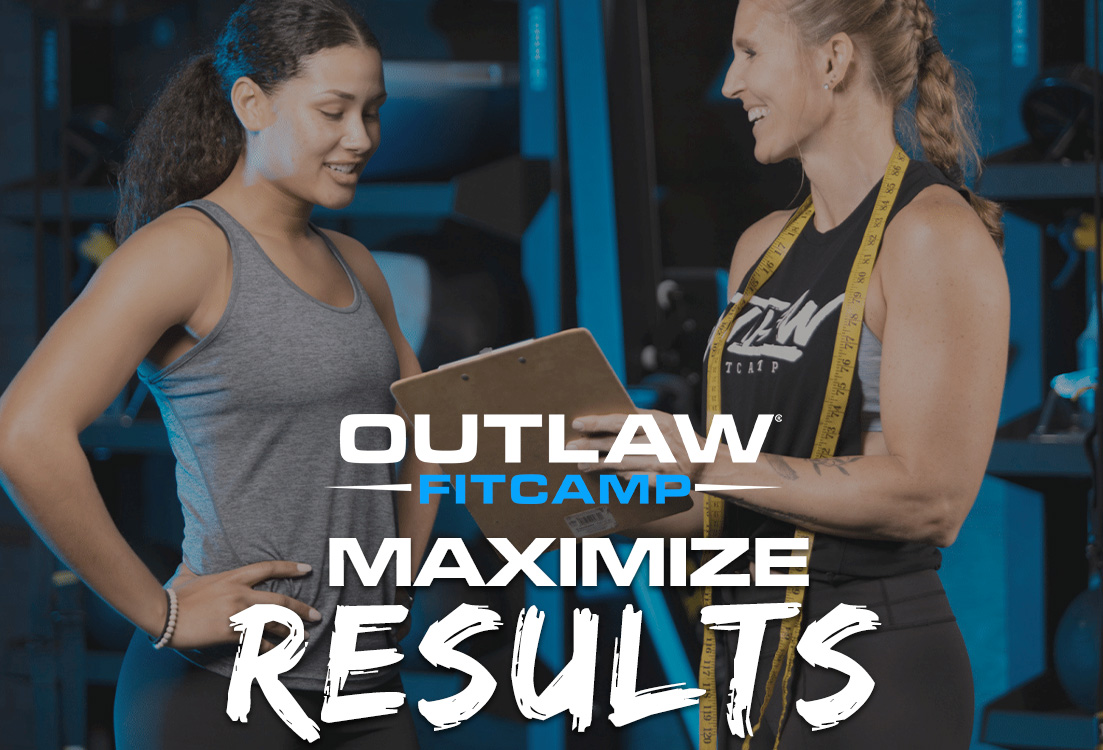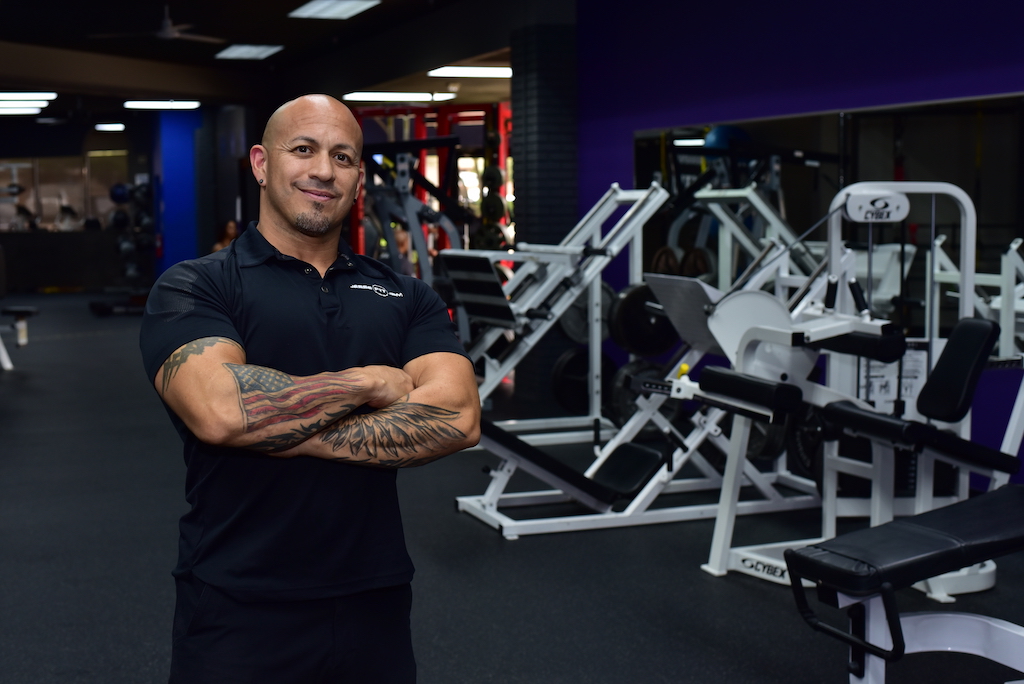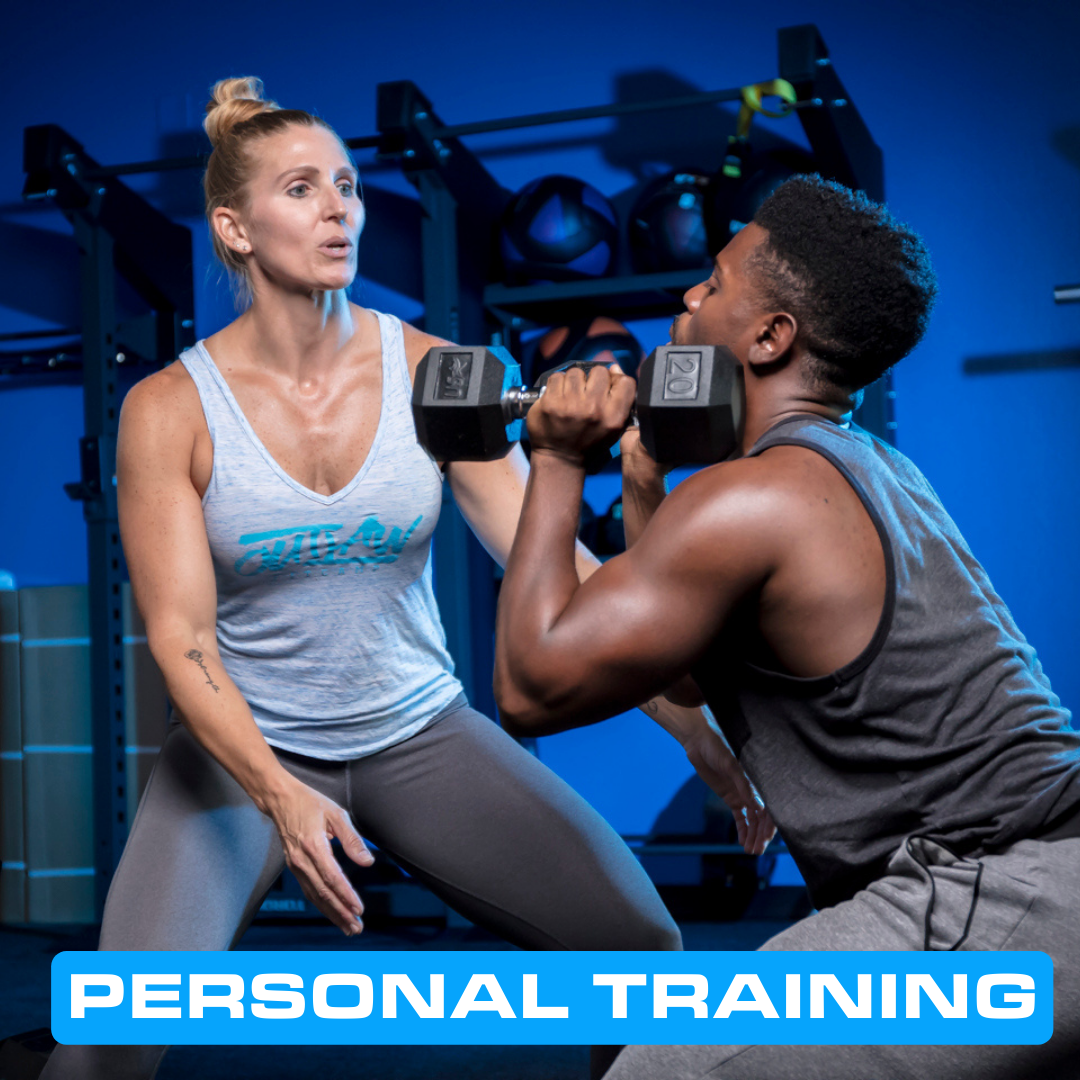Members






GET IN TOUCH
MAKE FIT HAPPEN
Outlaw FitCamp has something for every BODY! Would you like to chat with a team member to help you find your fit at Outlaw FitCamp? Is it FitCamp functional interval group training? Or maybe one-on-one personal training lead by one of our fitness pros? Maybe you would like ultra fit, the best of both personal training and group fitness. Our team is standing by to help you find your fit!
ELEVATE YOUR FITNESS
Start Your Trial Today
WHY OUTLAW FITCAMP WORKS

FITNESS
Our Functional Interval Training (FIT) classes & sessions are suited for all fitness levels and accommodate all fitness goals.

FUEL PLAN
Get a FREE personalized fitness assessment with one of our Outlaw Trainers to help you create a plan to meet your fitness goals.

COMMUNITY
The community of Outlaws are here for you. Supportive classes, events, and an atmosphere that encourages, not competes.
START YOUR FITNESS JOURNEY TODAY
SCHEDULE
FLOWER MOUND
FITCAMP SCHEDULE
find your fit
Having trouble deciding what exercise program is best for you? Matching exercise choices with your personality traits is a critical part of finding an exercise plan you can stick with for the long term.
We’ve created the “Find Your Fit” quiz to help get you started.
Take the quiz to better understand your exercise personality
– You’ll receive a FREE fitness assessment and we’ll direct you to the right exercise program!
CLIENT STORIES

“WHEN YOU WALK IN, YOU FEEL LIKE YOU’RE HOME”
-Anna Borland, Member since 2018
Outlaw Fitcamp provides a welcoming, judgement free workout space where members and staff become like family. We root for every person who walks through our doors – whether their goals are improved health, weight loss or extreme sport training – we’re all in this together. No matter where you are on your fitness journey, our team will help you develop, meet or exceed your goals.
This video offers a glimpse into what makes us proud to be Outlaws…..
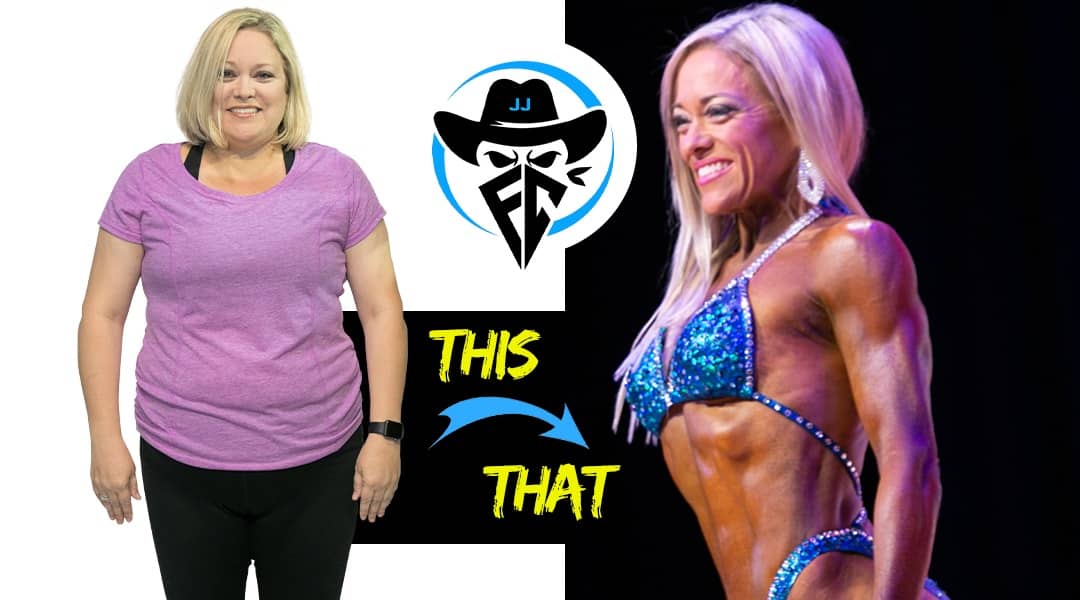
“I joined because I wanted to feel better about myself and be happier for my kids.”
– Carrie Grimes, Member since 2014
Carrie’s story is truly awe-inspiring. Her initial interest in joining Outlaw FitCamp stemmed from a desire to lose some weight and become an overall healthier woman and mother. What she found at Outlaw was a team motivated to help her do more. Through support, encouragement and her willingness to commit to Outlaw’s programs, Carrie began her fitness journey, taking part in FitCamp’s 6-week challenges. Carrie is now fitter than she’s ever been before, having shed more than 100 pounds, she has a whole new lease on life, enjoying her newfound energy and cheerleading for others in their fitness journeys.
Watch Carrie tell her story…

“Outlaw Starts our day and sets the mood for my work flow”
-Kellyn Wilgus, member since 2015
Outlaw FitCamp welcomes anyone on a fitness journey, whether as an individual, as couples, with friends, or alongside family members – and at any age. Find your tribe! We want our members to focus on their needs and know we’re here to show them how to reach their goals. We promise you’ll look forward to your time as an Outlaw…..


